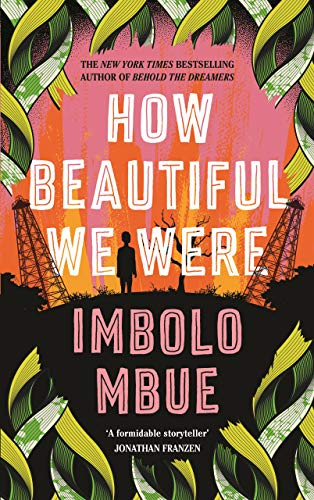
What impressed me in this book were the different perspectives. They clarify the impact of an environmental disaster on ordinary African people: powerless children, wise elders and the generation of the girl Thula, that intends to take action. I didn’t feel uplifted after reading this, but moved, frustrated and angry at the American oil company that preys on the land and the villagers' homes, like a swarm of locusts on a wheatfield.
In every way our spirits are one, except when it comes to Kosawa; he has no sense of loving a place the way we love our village. He doesn't understand how Kosawa is the beginning and end of everything we've ever had. I try to explain to him that I cannot give up on the struggle for which Papa and Bongo gave their lives, and he says he understands, we should never forget our people, but when he begs me not to leave him, I know he doesn't understand. How could he, when he didn't live our brand of fragile innocence? When his childhood didn't end with friends dying in succession? When he never went to sleep wondering if he'd live to see the next day, wondering if soldiers or drinking water would be his demise? How can he appreciate our resolve to give to the children what Pexton stole from us? He says he doesn't need to have experienced what we went through to see our viewpoint, but I don't believe him- no one who had a childhood like ours could ever be at home in another man's land.